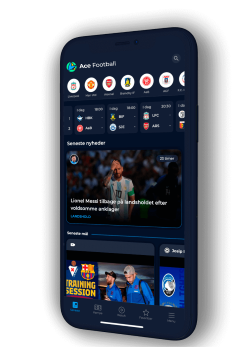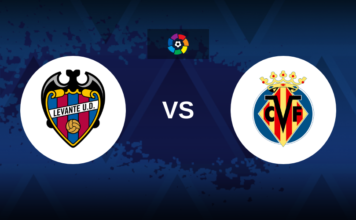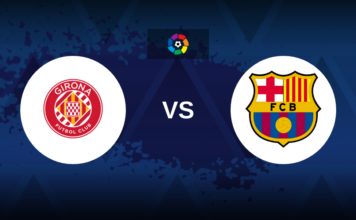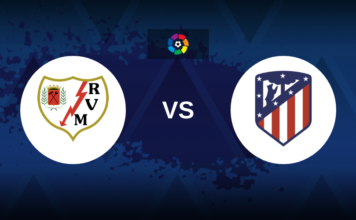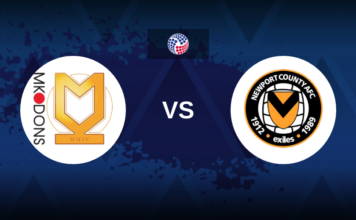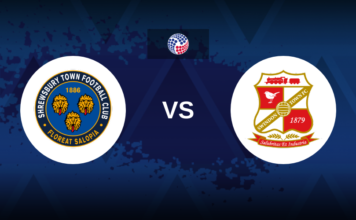He was hailed as the next Messi and crowned Germany’s hero in 2014. What followed was a decade of hardship—but now, Mario Götze is finally playing with joy again.
On the night of July 13, 2014, Mario Götze etched his name into football history. As he stepped onto the pitch in the World Cup final, Germany manager Joachim Löw delivered a challenge that would define a lifetime: “Go and show that you’re better than Messi.” Götze answered by scoring the extra-time goal that handed Germany their fourth World Cup title, breaking Argentine hearts and elevating him to global superstardom.
But he wasn’t better than Lionel Messi. And the years that followed were anything but golden.
The Rise: A Dortmund Prodigy
Long before the World Cup, Götze had already made waves in Germany. At just 17, he broke into the Borussia Dortmund first team, quickly establishing himself as a key figure under Jürgen Klopp. By 20, he’d won back-to-back Bundesliga titles, and his agile dribbling drew comparisons to Messi and Ronaldinho. The German media dubbed him a “Wunderkind,” and it wasn’t long before Bayern Munich came calling.
Despite Klopp’s efforts to keep him, the lure of working under Pep Guardiola—someone Götze idolized, especially due to his love for Barcelona—was too great. The move to Bayern Munich in 2013 was controversial. Not only did it follow Bayern’s trend of poaching top rivals’ talent, but it also sparked outrage among Dortmund fans. Götze’s family even required police protection for a time.
The Fall: Expectations, Injuries, and a Mysterious Illness
His Bayern debut was marred by a public relations blunder—he wore a Nike shirt to his Adidas-sponsored unveiling. It was seen by some as emblematic of a player chasing money over legacy. On the pitch, things didn’t flow either. Unbeknownst to Götze, Guardiola had initially wanted Neymar, not him. As form dipped, Götze found himself benched for key games.
The 2014 World Cup was no different. Despite his goal in the final, he played only 53 minutes across the knockout rounds and later described the nights leading up to the final as the “saddest of his career.”
Though the immediate season after the World Cup was respectable, expectations soared. He trained harder, even doing double sessions on his own. But by the end of his time at Bayern, the agility and explosiveness that had once defined his game had faded. In 2016, he returned to Borussia Dortmund in hopes of rekindling the magic.
Instead, the decline accelerated. Plagued by injuries and weight gain, Götze was mocked in the media. Teammates nicknamed him “Pummelfee”—German for “chubby fairy.” He redoubled his efforts, but it only led to further fatigue and confusion.
Eventually, he was diagnosed with myopathy, a rare muscle disorder. As his physio explained, “He had muscle composition like a bodybuilder but no strength in the muscles.” Götze took a five-month break, his first real pause since his teenage years. He later described that period without football as “hell.”
When he returned, he couldn’t reclaim a starting spot. And when Germany announced their 2018 World Cup squad, Götze was absent. By 2020, his contract at Dortmund had expired.
The Rebirth: From Crisis to Consistency
With few offers, Götze signed for Dutch side PSV Eindhoven late in the 2020 transfer window. Away from the relentless German spotlight, he found stability. He immersed himself in personal development—studying how athletes like Serena Williams, Joe Montana, and David Beckham transitioned into post-sports ventures. He launched a venture capital firm, embraced yoga, taekwondo, and even knitting. He was rebuilding not just his career, but his identity.
Though his stats at PSV weren’t headline-grabbing, he played 52 games in the 2021–22 season—proof that he could still deliver at a high level. That earned him a surprising recall to Germany’s 2022 World Cup squad.
The Present: The Playmaker at Frankfurt
In 2022, Götze returned to Germany, signing with Eintracht Frankfurt. Now 30, he’s evolved from the explosive No.10 of his youth into a deeper-lying playmaker. His intelligence and vision now unlock the potential of his younger teammates, and the crushing weight of expectation has finally lifted.
Mario Götze may never have become the “next Messi.” But perhaps he was never meant to. His journey—from teenage prodigy to World Cup hero, from forgotten man to a wiser footballing soul—offers something richer: a story of perseverance, reinvention, and ultimately, peace.
If you enjoyed this story, explore more insights from top journalists like David Ornstein and Amy Lawrence on The Athletic. You can try it free for 30 days here.


